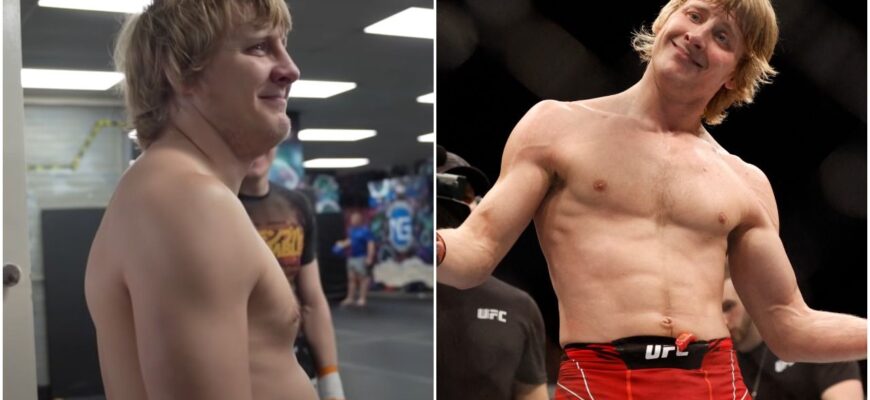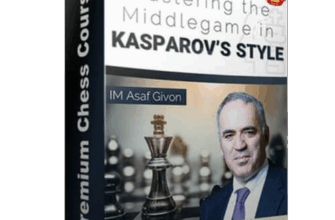Paddy `The Baddy` Pimblett, a name synonymous with charisma and explosive performances in the UFC, has also become a poster child for one of combat sports` most enduring and concerning debates: extreme weight cutting. While his rise to stardom has been meteoric, often overshadowed by his post-fight celebratory indulgences, a recent revelation casts a stark light on the perilous consequences of this age-old practice.
The Unpredictable Scale of `The Baddy`
It`s no secret that outside of fight camp, Pimblett`s physique undergoes a remarkable transformation, with reports of him ballooning well over 200 pounds. This dramatic shift requires equally dramatic measures to hit his lightweight (155 lbs) target. Leading up to his recent victory over Michael Chandler at UFC 314 – a significant step towards title contention – Pimblett reportedly shed a staggering 14 pounds in just 14 hours. This was merely the tip of the iceberg, following a six-week camp where he pared down over 31 pounds. One might marvel at such discipline, but the human body has its limits, and the price can be steep.
A Brush with Disaster: The 2016 Revelation
Yet, it`s a past anecdote from his Cage Warriors days that truly underscores the gravity of these physiological demands. During his 145-pound era, specifically before his title defense against Nad Narimani in 2016, Pimblett pushed his body to a terrifying precipice. As he recounted on his podcast, a DEXA scan taken post-weight cut revealed a chilling reality: he was a mere pound away from kidney failure. Doctors, reviewing the data, expressed that they would have prohibited him from competing had they seen the results beforehand. Compounding the issue were reported liver abnormalities and critically low testosterone levels.
“If I would have seen this before the fight, I wouldn’t have let you fight. I was like a 1lb away from kidney failure. There was something wrong with my liver and they said I had no testosterone in my body… I’m the example of how not to cut weight.”
Pimblett`s frank admission resonates not as a confession of indiscipline, but as a stark warning from the frontline of competitive sports.
Beyond Pimblett: The Broader Implications for Combat Sports
This isn`t just about one fighter`s extreme ordeal. Pimblett`s story serves as a visceral reminder of the inherent dangers lurking within the sport`s traditional weight management protocols. While professional athletes employ highly sophisticated methods, often under medical supervision, the underlying principle of dehydrating the body to meet a specific weight class remains. The acute risks include kidney damage, electrolyte imbalances, cardiac stress, and even cognitive impairment. Long-term effects, though less studied, could involve chronic organ dysfunction and metabolic issues.
The irony, of course, is that these dangerous cuts are performed to gain a perceived competitive edge, potentially at the cost of long-term health and, paradoxically, optimal performance on fight night. The human body is remarkably resilient, but its capacity for recovery is not infinite, nor is it immune to the cumulative stress of repeated extreme fluctuations.
The Road Ahead: Ambition vs. Anatomy
As Paddy Pimblett edges closer to a potential UFC title shot – with recent impromptu face-offs against figures like Ilia Topuria sparking calls for a championship bout, or suggestions for a clash against Max Holloway – the question of sustainable weight management becomes even more pertinent. The allure of gold is powerful, but one must wonder if the specter of past health scares will prompt a more conservative approach to his off-season regimen. For a fighter whose career is just hitting its stride, balancing competitive ambition with personal well-being is a tightrope walk as challenging as any octagon bout.
Pimblett’s candid account serves as a crucial case study, transforming a mere weight class statistic into a potent narrative about the human cost of extreme athletic endeavor. It’s a compelling argument for continued research and evolving practices in combat sports to ensure that the pursuit of victory doesn’t inadvertently lead to a different, far more devastating kind of defeat – one measured not in titles, but in health.








